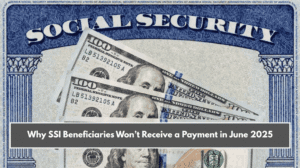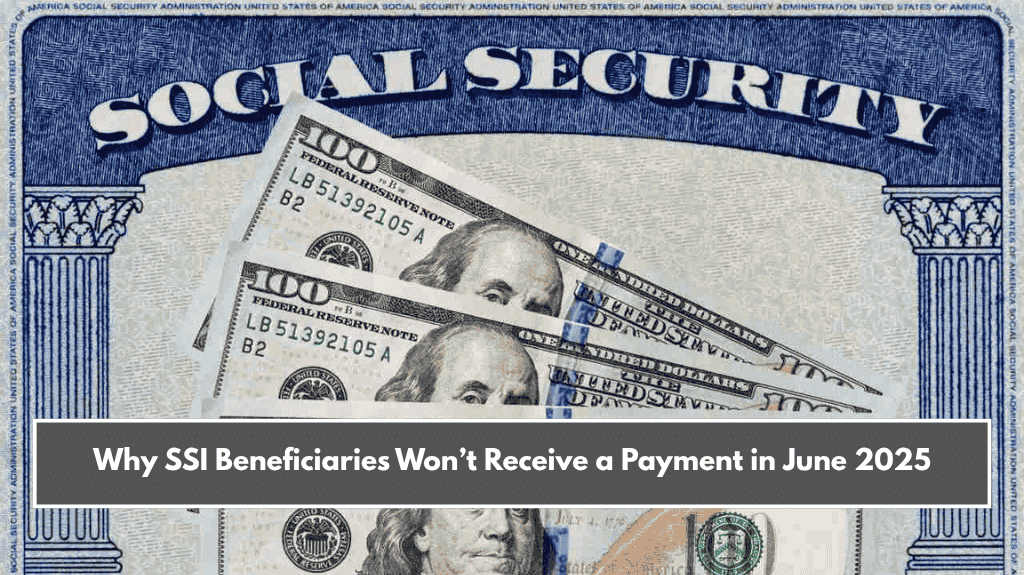Starting April 14, 2025, millions of Americans may face significant challenges in accessing their Social Security benefits due to new identity verification rules introduced by the Social Security Administration (SSA).
Under the new policy, the SSA will discontinue over-the-phone identity verification for certain services, forcing individuals to either verify their identity online or visit a local Social Security office in person. While this change is aimed at reducing fraudulent claims, it could create barriers for many, especially older adults and individuals with disabilities.
Who Will Be Affected by the New Verification Rules?
The new verification system will affect new benefit applicants and individuals who need to update their direct deposit information. However, Social Security Disability Insurance (SSDI), Medicare, and Supplemental Security Income (SSI) recipients will be excluded from these changes, and they will not face the same verification requirements.
The policy shift primarily impacts individuals who may not have access to the internet or those who face mobility challenges. For many older Americans, these changes could mean the loss of access to their hard-earned benefits if they cannot verify their identity through the new methods.
How Will This Affect Older Americans and Seniors?
According to a recent report by the Center on Budget and Policy Priorities (CBPP) and Newsweek, this change could have a significant impact on seniors. Approximately six million older Americans will need to travel at least 45 miles to reach a local Social Security office if they are unable to complete the verification online. This requirement is especially burdensome for the nearly eight million seniors who have a disability or medical condition that limits their ability to travel, as well as the over six million seniors who no longer drive.
- In 35 states, at least 10% of beneficiaries will face this challenge, needing to make round-trip journeys that are significantly longer than the average daily travel distance of 23.3 miles for seniors.
- Wyoming and Alaska are particularly affected, with 65% of seniors in Wyoming and 45.9% of seniors in Alaska living more than 45 miles from a Social Security office.
- In North Dakota, around 13,000 seniors will need to travel more than 180 miles round-trip just to verify their identity in person.
While states like California and New York are less affected (with only 3% of seniors needing to travel long distances), states with fewer Social Security field offices are facing a more serious problem. The CBPP has warned that the new verification process could make it harder, or even impossible, for many vulnerable seniors to access their Social Security benefits.

The Impact of Reducing Phone Services and Online Barriers
Historically, many seniors have relied on phone services to apply for benefits, with more than 40% of retirees using the phone for applications. This includes surviving family members who qualify for survivor benefits, as well as families who may struggle with the online system. Currently, there is no online option for survivor claims, and children cannot create Social Security accounts, meaning families often have no choice but to visit a local office.
In response to concerns raised by the CBPP, the SSA issued a statement to Newsweek, claiming, “SSA is NOT limiting phone services for Americans.” The agency emphasized that it continues to have over 40,000 employees working to ensure services are available, and it has invested in improving phone services to maintain quality.
However, advocacy groups and experts remain concerned that limiting verification options to online and in-person methods could disproportionately affect seniors and individuals with disabilities. The CBPP has stressed that telephone services are crucial for seniors and people with disabilities who may face challenges with internet access or traveling to field offices.
Calls for Reconsideration of the New Policy
As the SSA implements these changes, many advocates are calling for the reconsideration or expansion of accommodations to ensure that seniors and individuals with disabilities are not left behind. Maintaining multiple channels for identity verification—such as phone services—is crucial to ensuring that these vulnerable groups can continue to access their Social Security benefits without unnecessary barriers.
The changes in identity verification rules introduced by the SSA are a step towards reducing fraudulent claims but may unintentionally create new challenges for seniors, people with disabilities, and others who rely on the Social Security system.
Many seniors will face significant difficulties in verifying their identities, especially if they lack internet access or live far from a Social Security office. It is important for the SSA to consider these challenges and expand accommodations to ensure that all Americans can continue to access the benefits they are entitled to.















